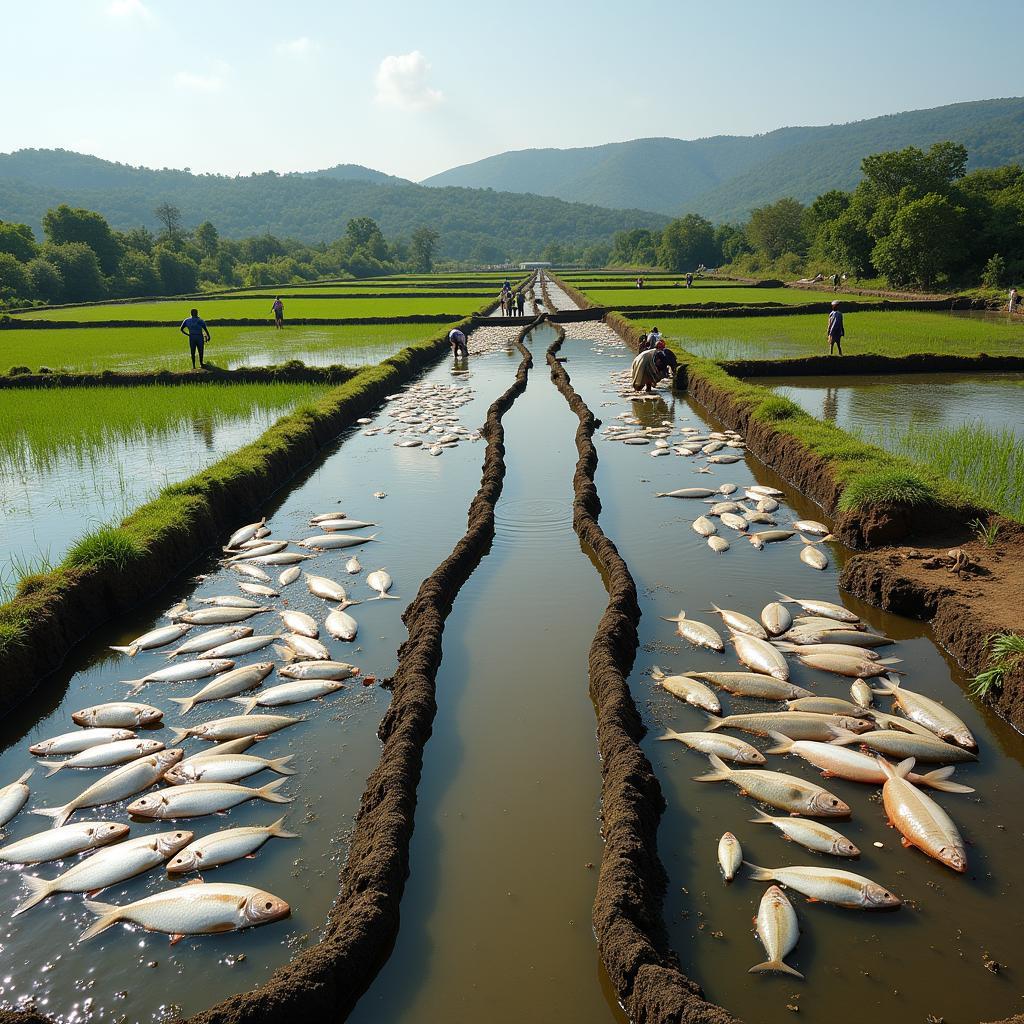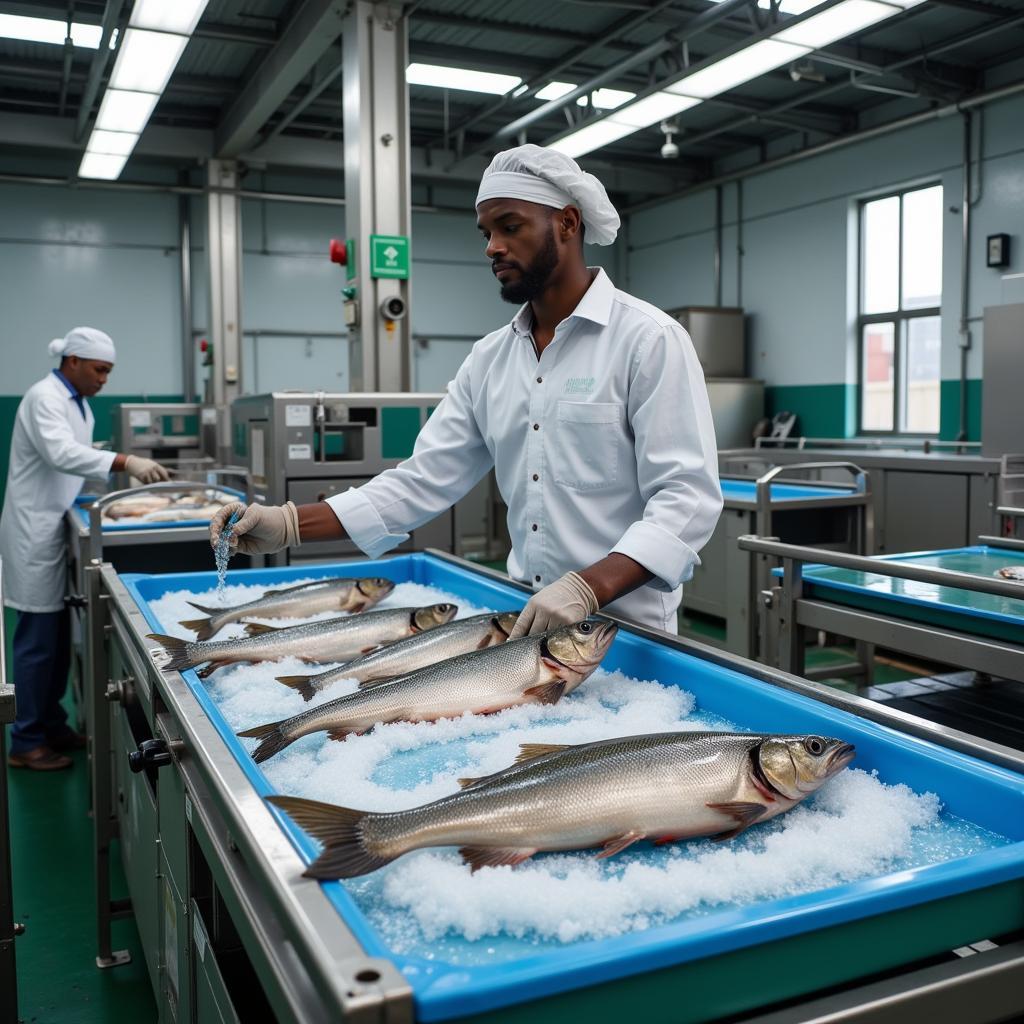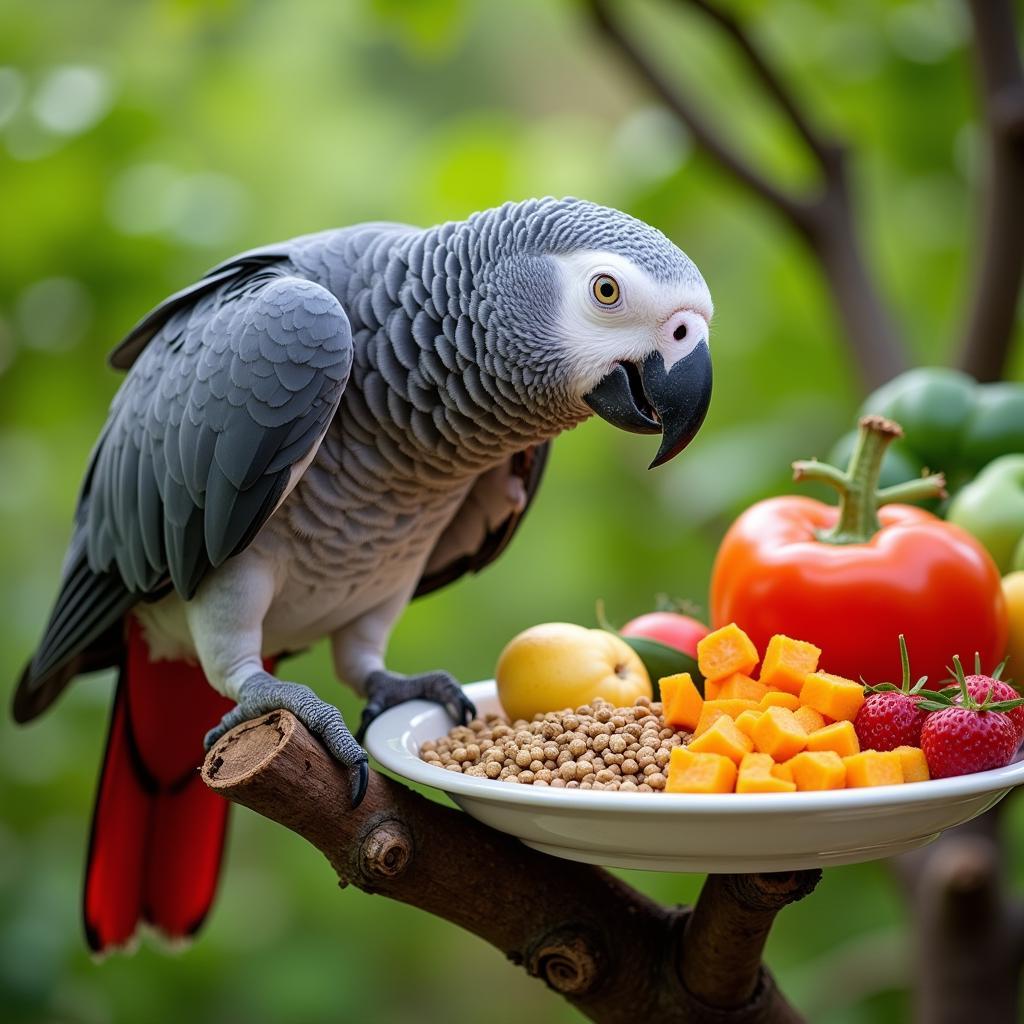Exploring the African Aqua Industry: A Deep Dive
The African Aqua Industry presents a dynamic and evolving landscape, brimming with opportunities and challenges. From traditional fishing practices to modern aquaculture ventures, this sector plays a vital role in food security, economic growth, and livelihoods across the continent. This article delves into the multifaceted nature of the African aqua industry, examining its current state, potential, and the crucial factors shaping its future.
The growing demand for seafood globally has placed a spotlight on Africa’s vast aquatic resources. While traditional fishing remains a significant activity, aquaculture, or fish farming, is gaining traction as a sustainable and scalable alternative. This shift is driven by factors like overfishing, declining wild fish stocks, and the increasing awareness of aquaculture’s potential to alleviate poverty and boost nutrition. Furthermore, the diverse climates and aquatic ecosystems across Africa offer unique opportunities for cultivating various fish species, from tilapia and catfish to prawns and seaweed. The potential for growth is immense, particularly in countries with extensive coastlines, inland waterways, and suitable land for fish farming.
Aquaculture’s Rise in Africa: Opportunities and Hurdles
Aquaculture is increasingly viewed as a key driver of economic development in Africa. It offers the promise of job creation, income generation, and improved food security, especially in rural communities. Check out this article on an african catfish farm in kalakkuruchi. However, realizing this potential requires addressing several key challenges. These include access to finance, technical expertise, quality feed, and efficient distribution networks. Furthermore, sustainable practices are crucial to mitigate potential environmental impacts, such as water pollution and habitat destruction.
 African Aquaculture Fish Farm in Operation
African Aquaculture Fish Farm in Operation
Traditional Fishing in Africa: Balancing Tradition and Sustainability
While aquaculture is gaining momentum, traditional fishing continues to be a cornerstone of the African aqua industry, providing livelihoods for millions and contributing significantly to local economies. However, overfishing and unsustainable practices pose a serious threat to fish stocks and marine ecosystems. Balancing the need for economic development with environmental protection is a critical challenge. This necessitates implementing effective fisheries management policies, promoting responsible fishing practices, and empowering local communities to safeguard their aquatic resources. Find more information about African fish banned in India.
Investment and Innovation: Shaping the Future of African Aqua Industry
The African aqua industry is attracting increasing investment from both public and private sectors, fueling innovation and driving growth. This investment is crucial for developing modern infrastructure, promoting research and development, and fostering sustainable practices. Technological advancements, such as improved fish feed formulations, efficient water management systems, and disease control mechanisms, are playing a vital role in enhancing productivity and profitability.
What are the key challenges facing the African aqua industry?
Key challenges include access to finance, technical expertise, quality feed, efficient distribution networks, and the need for sustainable practices to minimize environmental impact.
How can technology contribute to the growth of the African aqua industry?
Technology can enhance productivity and profitability through improved fish feed formulations, efficient water management systems, and advanced disease control mechanisms. For example, some are exploring the business of african catfish farm.
 Technology in the African Aqua Industry
Technology in the African Aqua Industry
In conclusion, the African aqua industry stands at a critical juncture. By embracing sustainable practices, fostering innovation, and investing in infrastructure and human capital, Africa can unlock the full potential of its aquatic resources. This will not only contribute to economic growth and food security but also create a thriving and resilient sector for generations to come. The african aqua industry holds tremendous promise for the continent. One particular area that has caught some attention revolves around how an african catfish found as salwa ha heeb.
Dr. Abiola Okeke, a leading fisheries expert from Nigeria, emphasizes, “The African aqua industry is poised for significant growth. By prioritizing sustainable practices and investing in technology, we can transform this sector into a major engine of economic development and food security across the continent.”
Professor Fatima Hassan, a renowned aquaculture specialist from Kenya, adds, “Empowering local communities and promoting responsible fishing practices are crucial for ensuring the long-term sustainability of the African aqua industry.”
FAQ
- What are the main components of the African aqua industry?
- What are the benefits of aquaculture in Africa?
- What are the challenges faced by traditional fishing communities in Africa?
- How can investment contribute to the growth of the African aqua industry?
- What role does technology play in enhancing aquaculture practices in Africa?
- What are some sustainable practices being adopted in the African aqua industry?
- How can the African aqua industry contribute to food security?
Other Related Questions:
- What are the different types of aquaculture systems used in Africa?
- What are the leading fish species farmed in Africa?
- What are the government regulations regarding aquaculture in different African countries?
Suggestions for Further Reading:
- Articles on sustainable fishing practices in Africa
- Reports on the economic impact of the African aqua industry
- Case studies of successful aquaculture projects in Africa
When you need help, contact us at Phone Number: +255768904061, Email: kaka.mag@gmail.com or visit us at: Mbarali DC Mawindi, Kangaga, Tanzania. We have a 24/7 customer service team.

